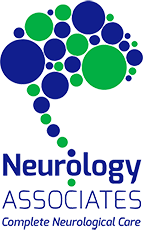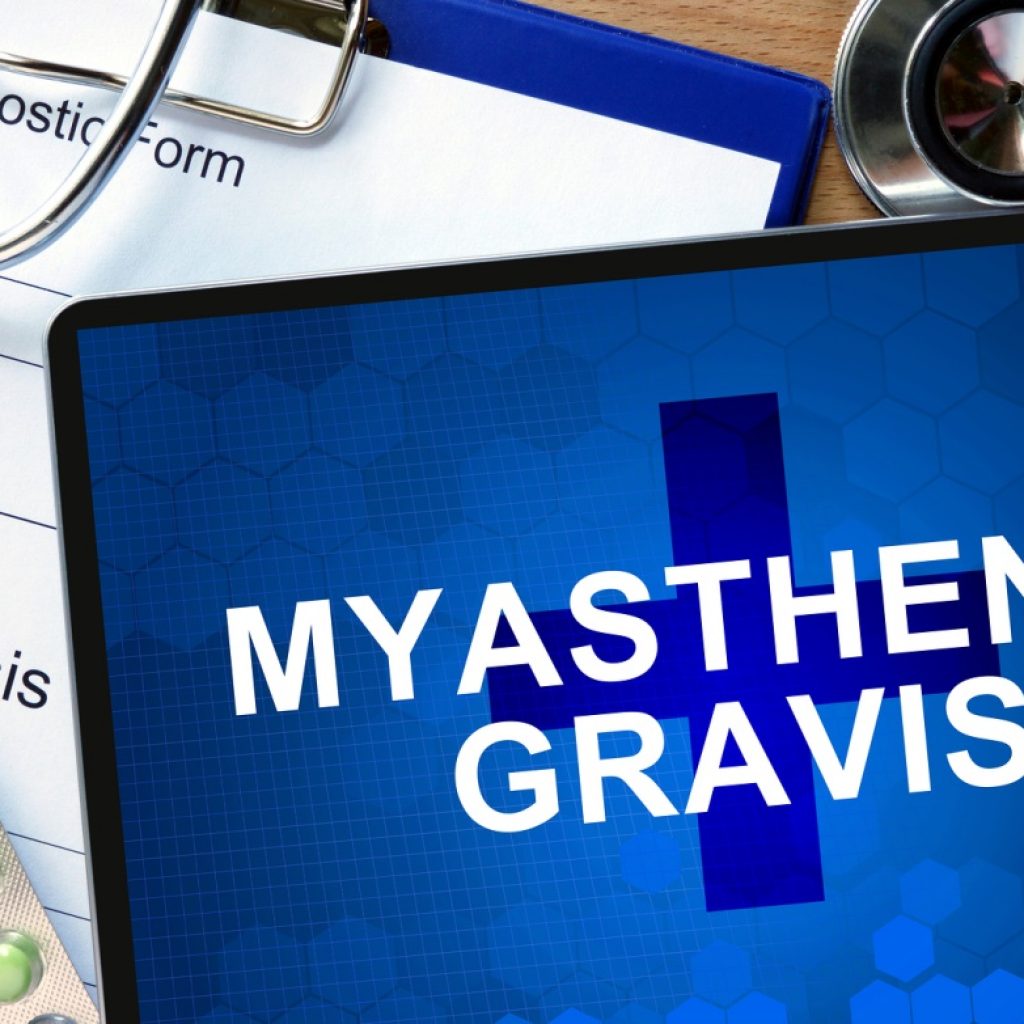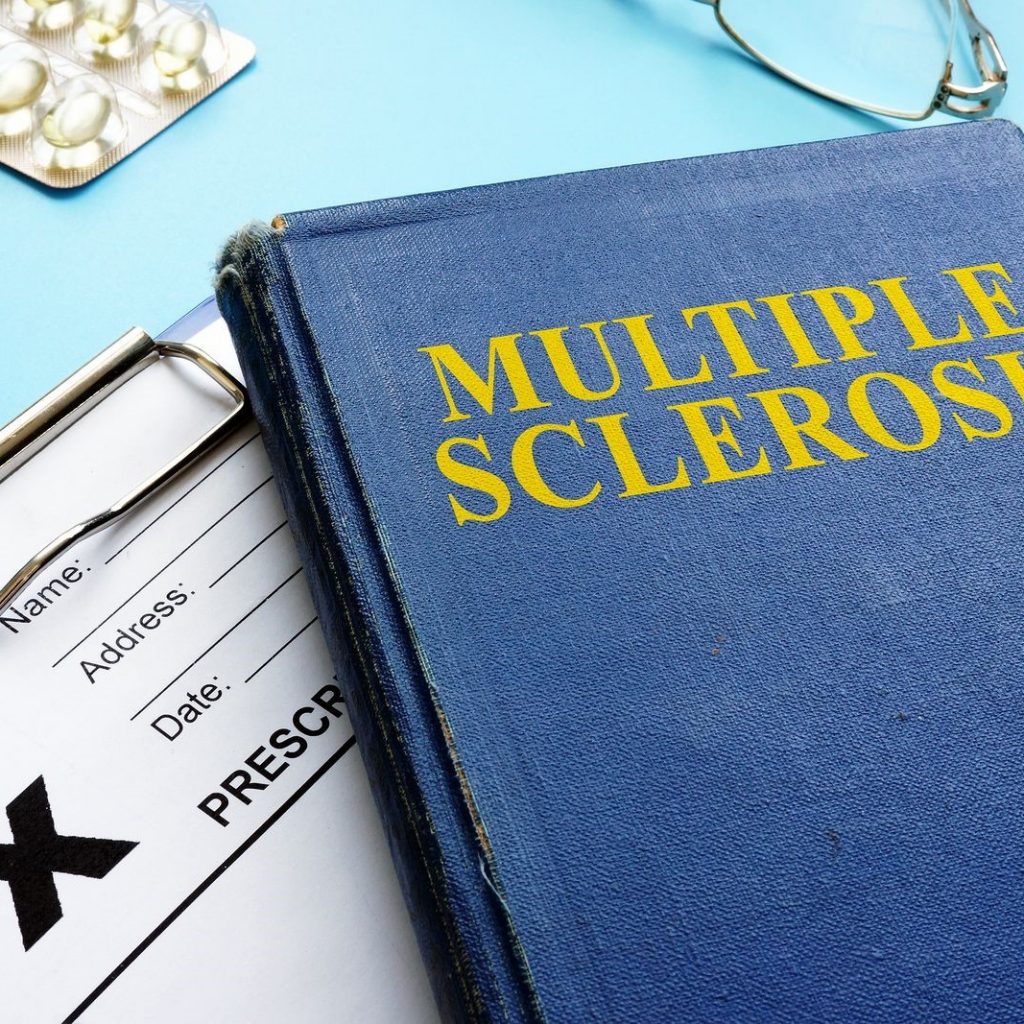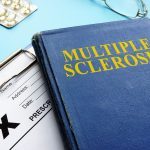Learn the Truth About Epilepsy
Epilepsy is the fourth most common neurological disease. An estimated 3.4 million people in the US live with active epilepsy, and around 150,000 new cases of epilepsy are recorded every year. Prompt diagnosis and comprehensive care are crucial at the first sign of this condition. To help you get the lowdown on this often-misunderstood disease, our resident neurologist in Leesburg, VA, Dr. Sarbjot Dulai, discusses epilepsy in detail.
An Overview of Epilepsy
Epilepsy is a disorder in the central nervous system. It occurs when brain activity becomes abnormal, which may prompt bouts of unusual behavior, epileptic seizures, and loss of awareness. Factors that contribute to the development of epilepsy include:
- Genetic influence
- Developmental disorders
- Brain conditions
- Head trauma
- Prenatal injury
- Infectious diseases
Seizures are not the only symptom of epilepsy. Other signs that someone has the disorder include the following:
- Staring at something for a long time
- Uncontrollable jerking of legs and arms
- Momentary confusion
- Loss of consciousness or awareness about something
- Fear, anxiety, déjà vu, and other psychic symptoms
Types of Epilepsy Seizures
The symptoms of epilepsy vary based on the type of seizure. People with the disorder typically suffer from the same type, which makes the symptoms of every episode similar to each other. Leesburg neurology experts classify seizures due to epilepsy into two general types: generalized and focal seizures.
GENERALIZED SEIZURES
These are seizures that seem to affect all areas of the brain. Generalized seizures have six sub-types:
- Absence seizures: These seizures often occur in children and are characterized by subtle body movements and staring spells. Absence seizures take place in clusters, which may trigger a brief loss of awareness.
- Clonic seizures: These seizures are linked with rhythmic or repetitive, jerking muscle motions. Clonic seizures typically focus on the face, neck, and arms.
- Tonic-clonic seizures: These seizures are characterized by fainting, the stiffening of the body, intense shaking, and loss of bladder control.
- Myoclonic seizures: These seizures typically occur as abrupt, brief jerks or twitches of the legs and arms.
- Tonic seizures: These seizures usually affect muscles in the arms, legs, and back, often causing slips and falls.
- Atonic seizures: These seizures are characterized by the sudden loss of muscle control, which may cause falls.
FOCAL SEIZURES
These are seizures that come from abnormal activity in just one area in the brain. Focal seizures may be mistaken for other neurological disorders, such as migraine and narcolepsy. To distinguish epilepsy from other conditions, neurologists conduct a comprehensive examination and thorough testing.
When to Get Help for Epilepsy Seizures
A seizure due to epilepsy can happen anytime. One should see a neurologist in Leesburg but should seek immediate care via 911 (EMS) in the emergency department in the event of the following:
- The seizure takes longer than five minutes
- Consciousness or even breathing is not regained after the episode
- A second seizure takes place immediately
- The person who had a seizure:
- is pregnant
- has diabetes
- has a high fever
- is suffering from heat exhaustion
- got injured during the episode
Epilepsy can be treated by medications or surgery. Some people may need lifelong treatment to control seizures. Others do not as the disorder eventually goes away after treatment.
Get Professional Help for Seizures from Neurology Associates
Are you or a loved one struggling with epilepsy? Let Neurology Associates provide you with the comprehensive care you deserve.
As the leading board-certified neurologist in Leesburg, VA, Dr. Sarbjot Dulai specializes in diagnosing and treating epilepsy and many other neurological conditions. Dr. Dulai and his team will take the time to assess your background and medical history to create personalized treatment for you. Contact us to make an appointment today!














